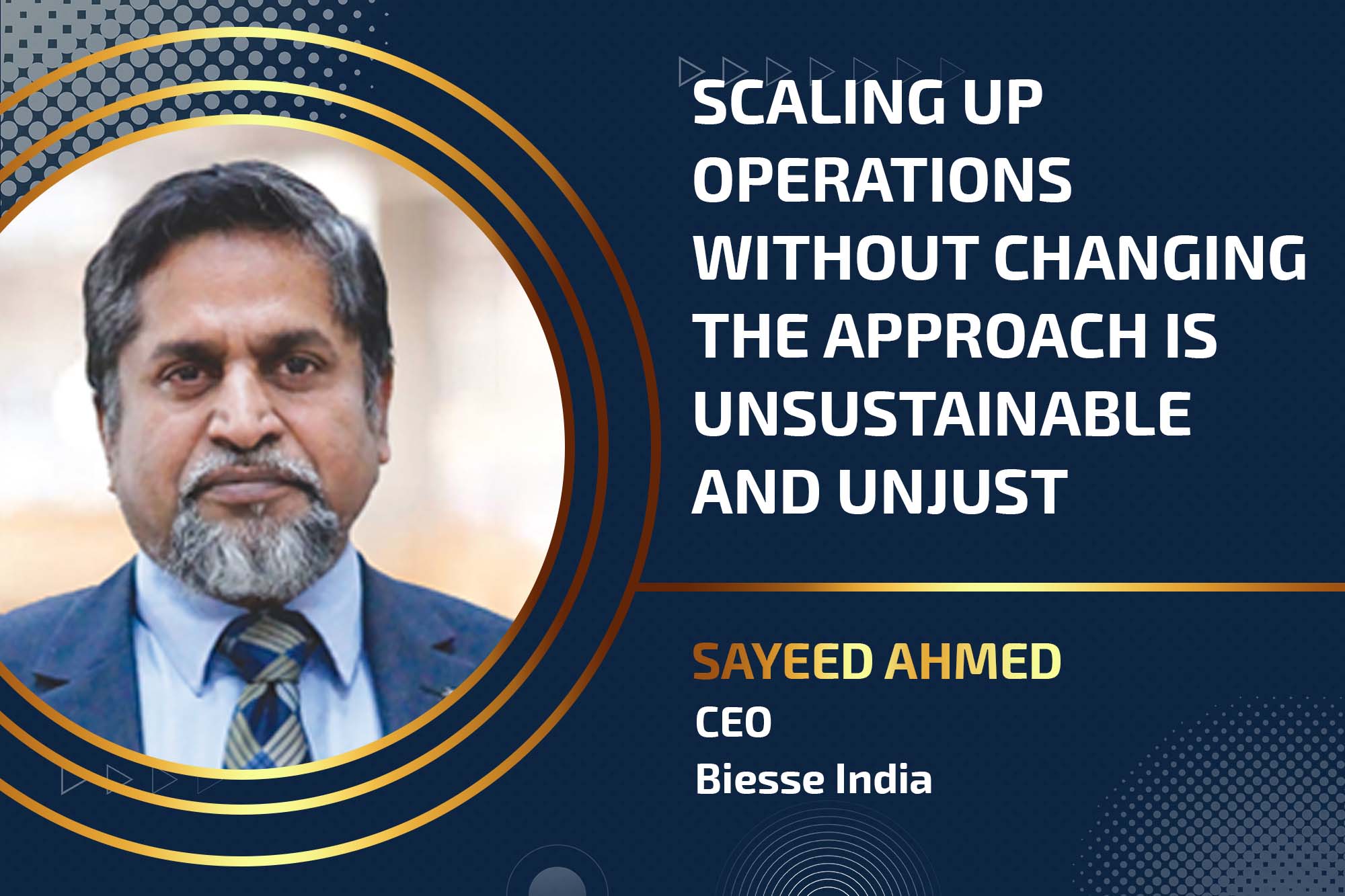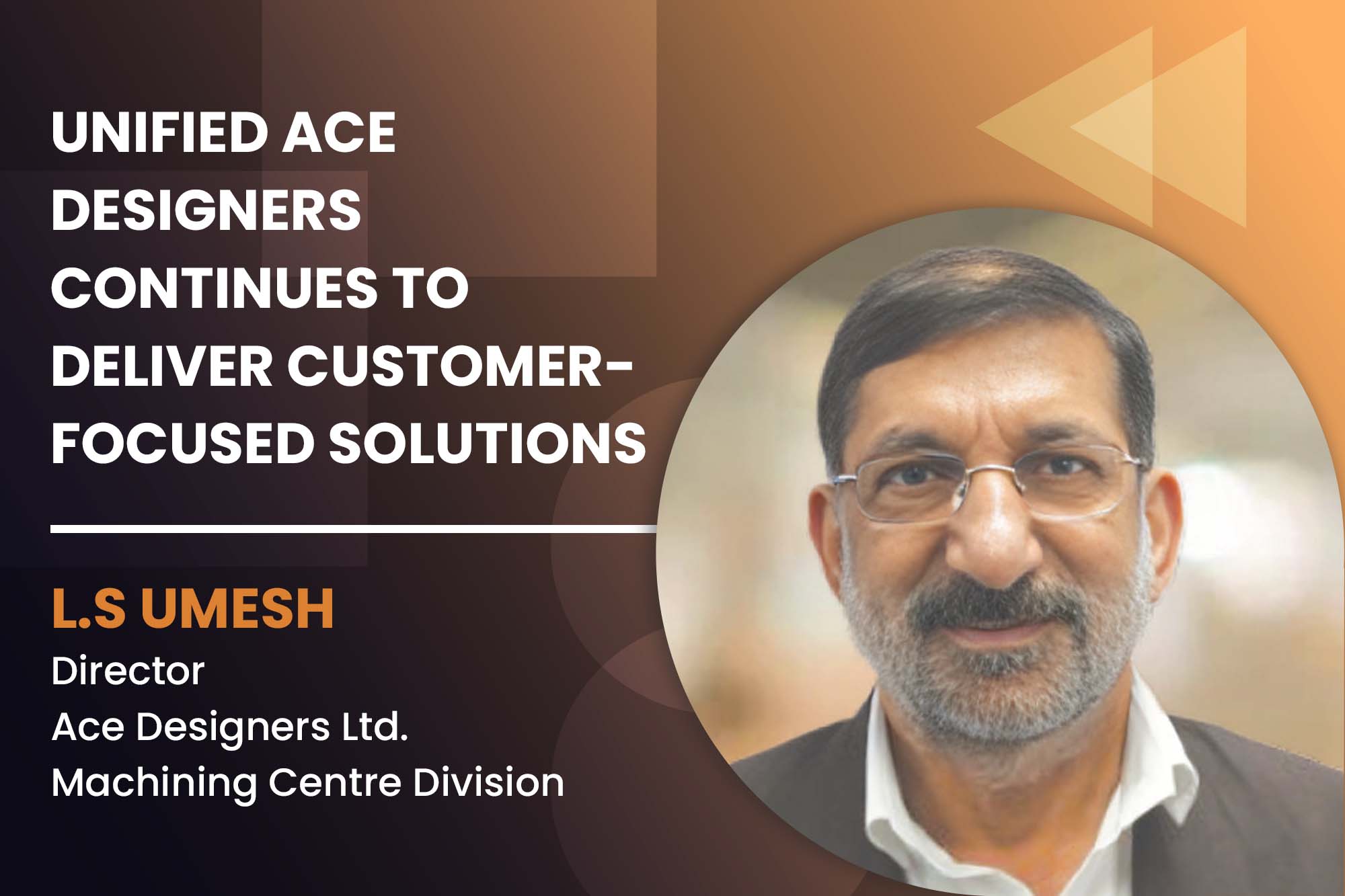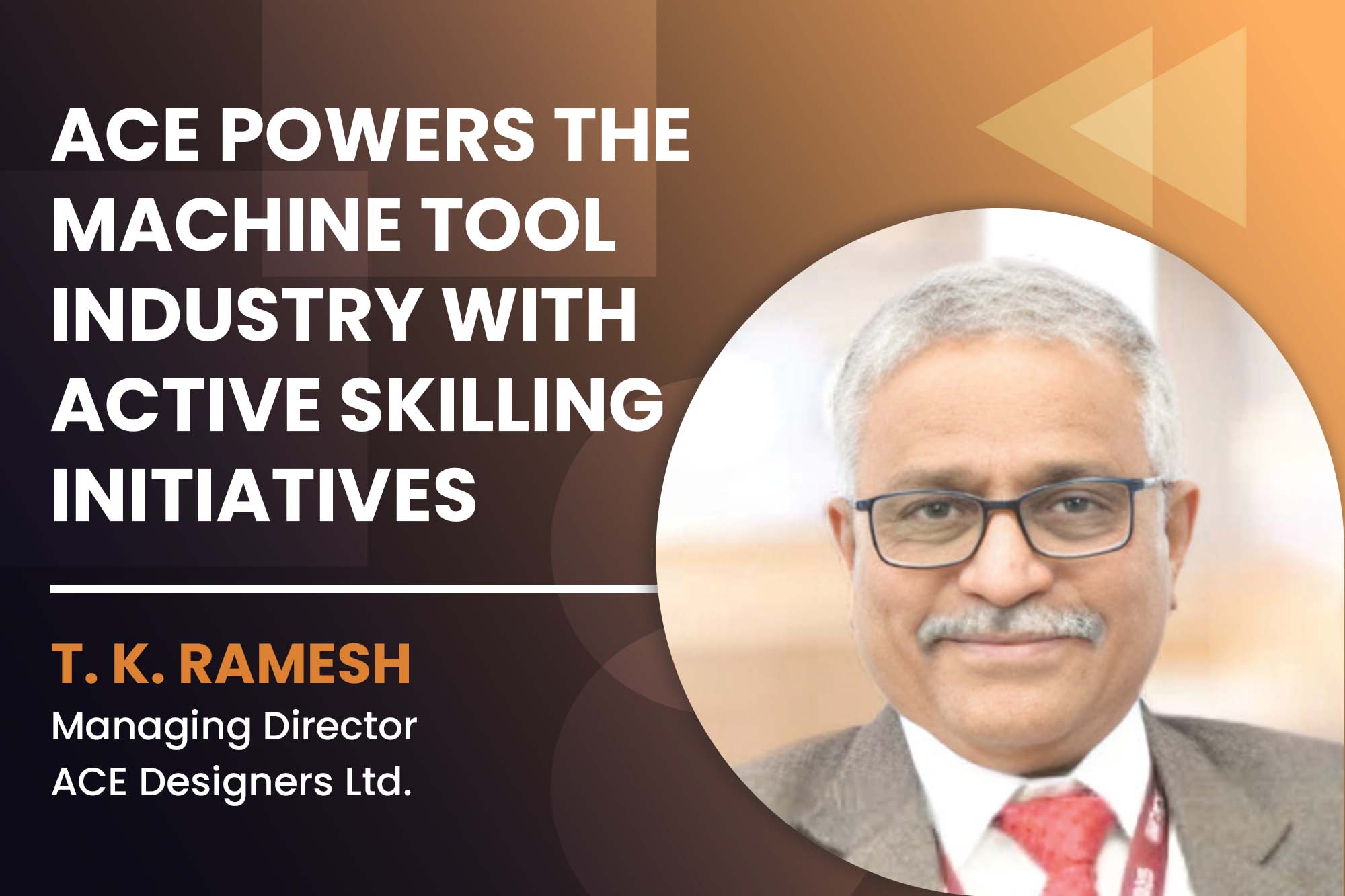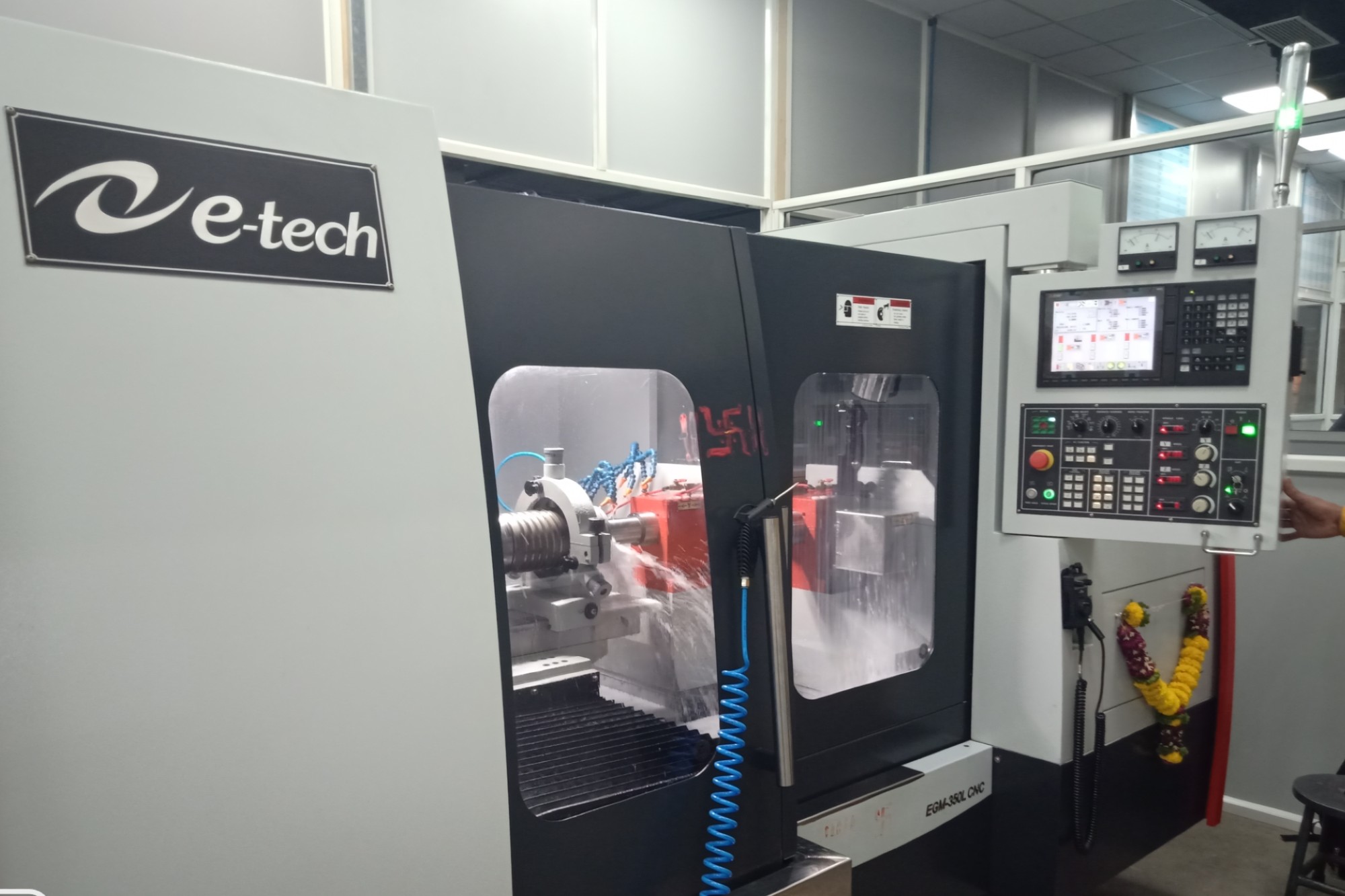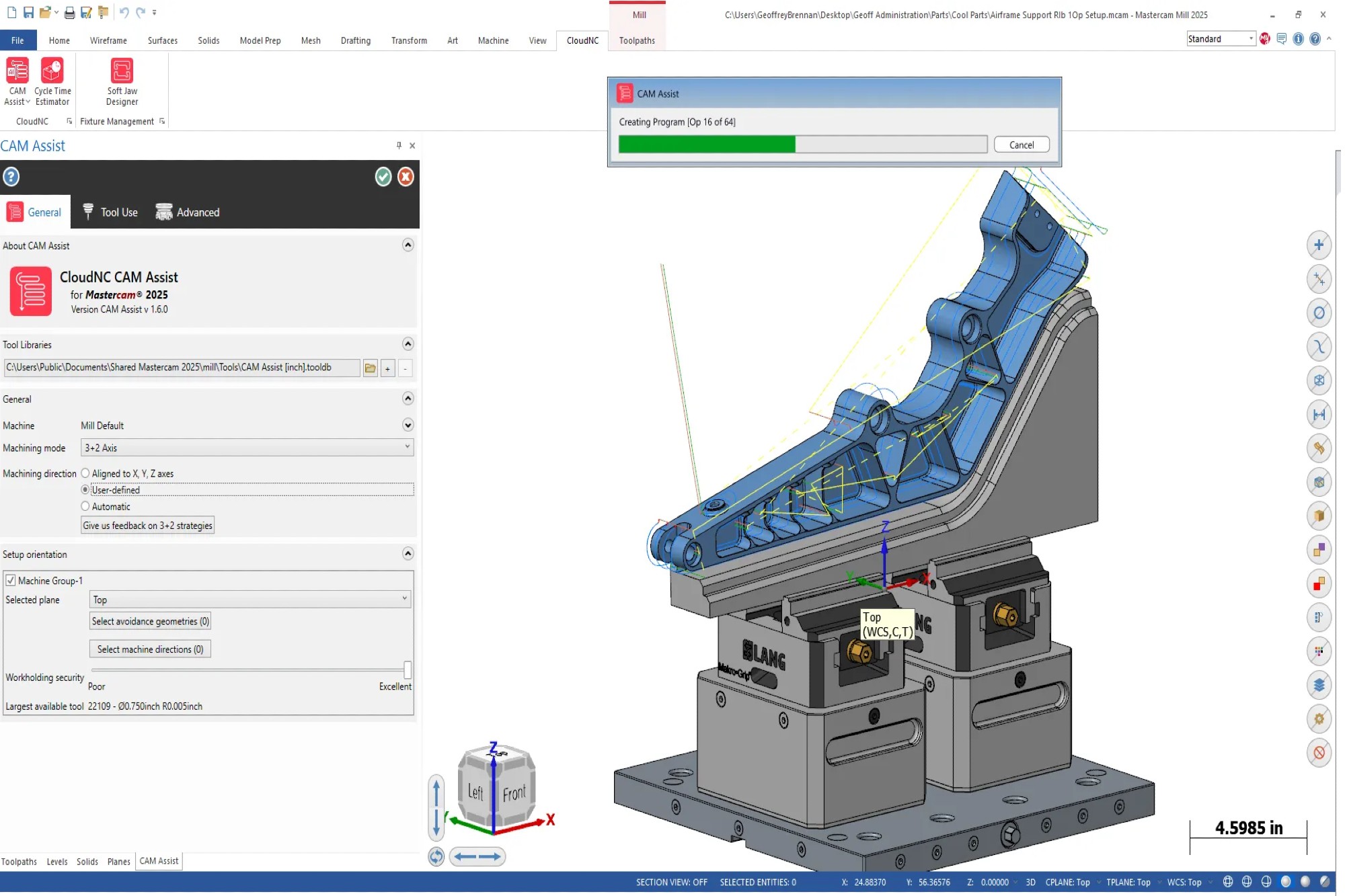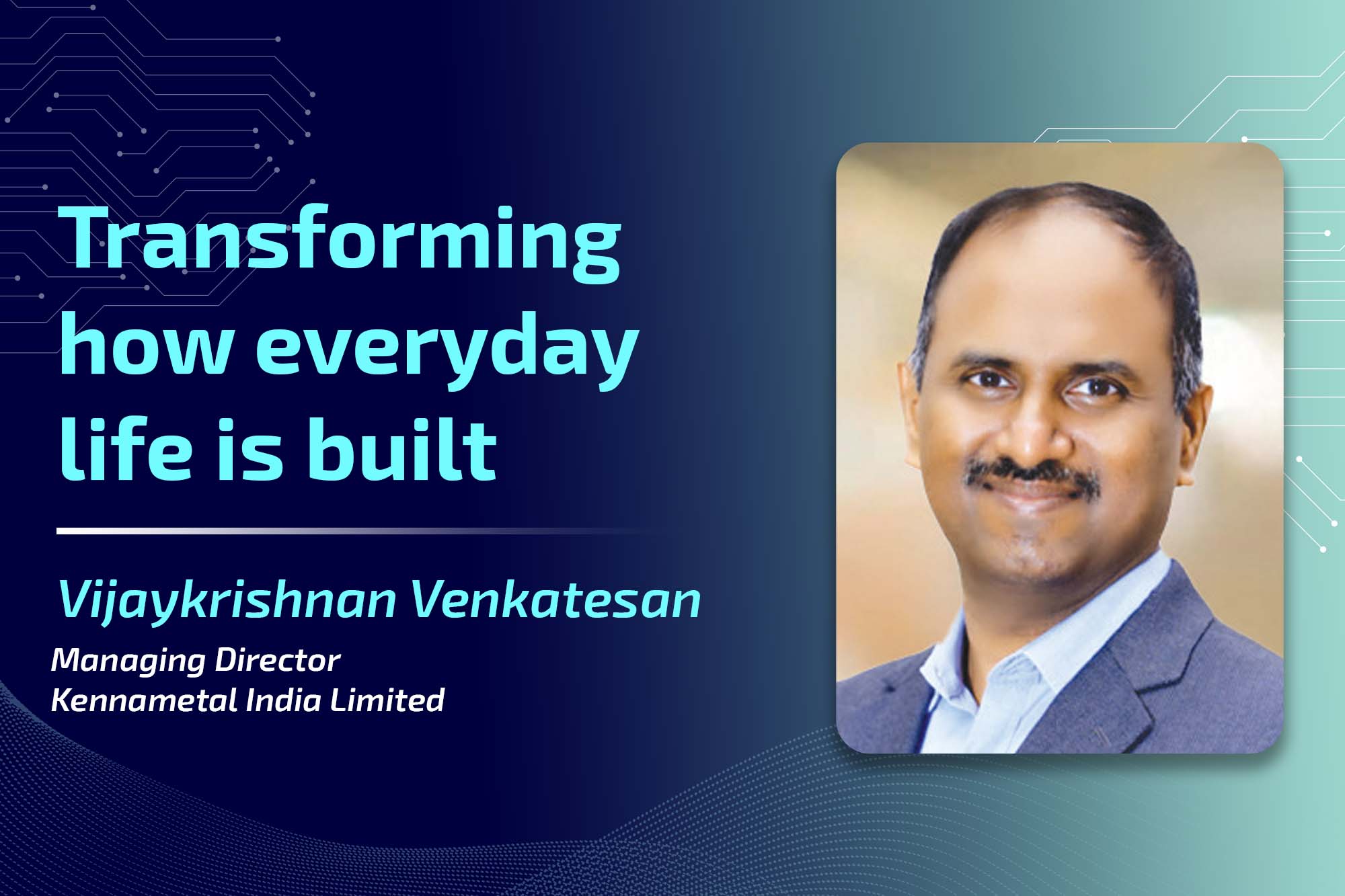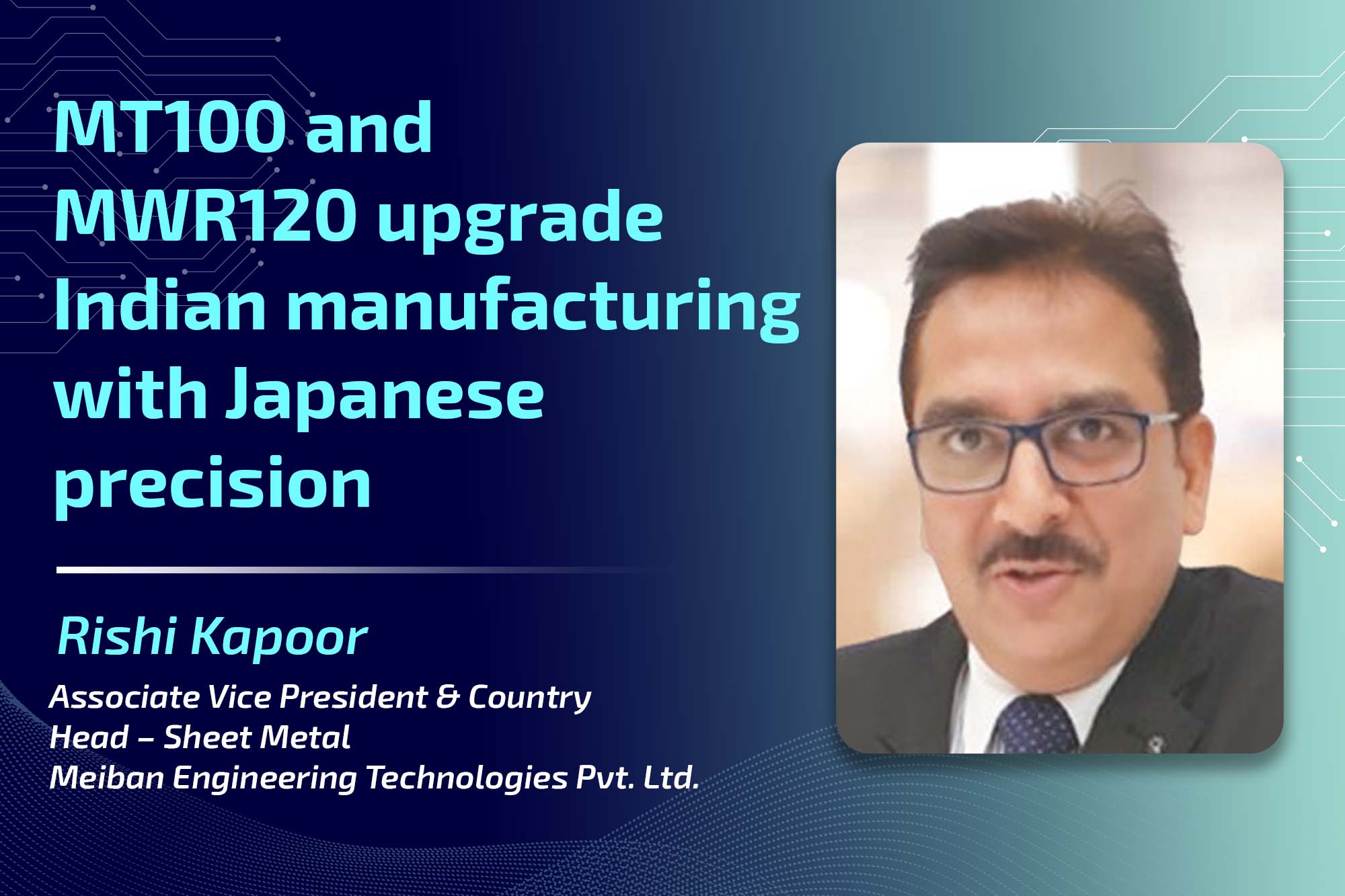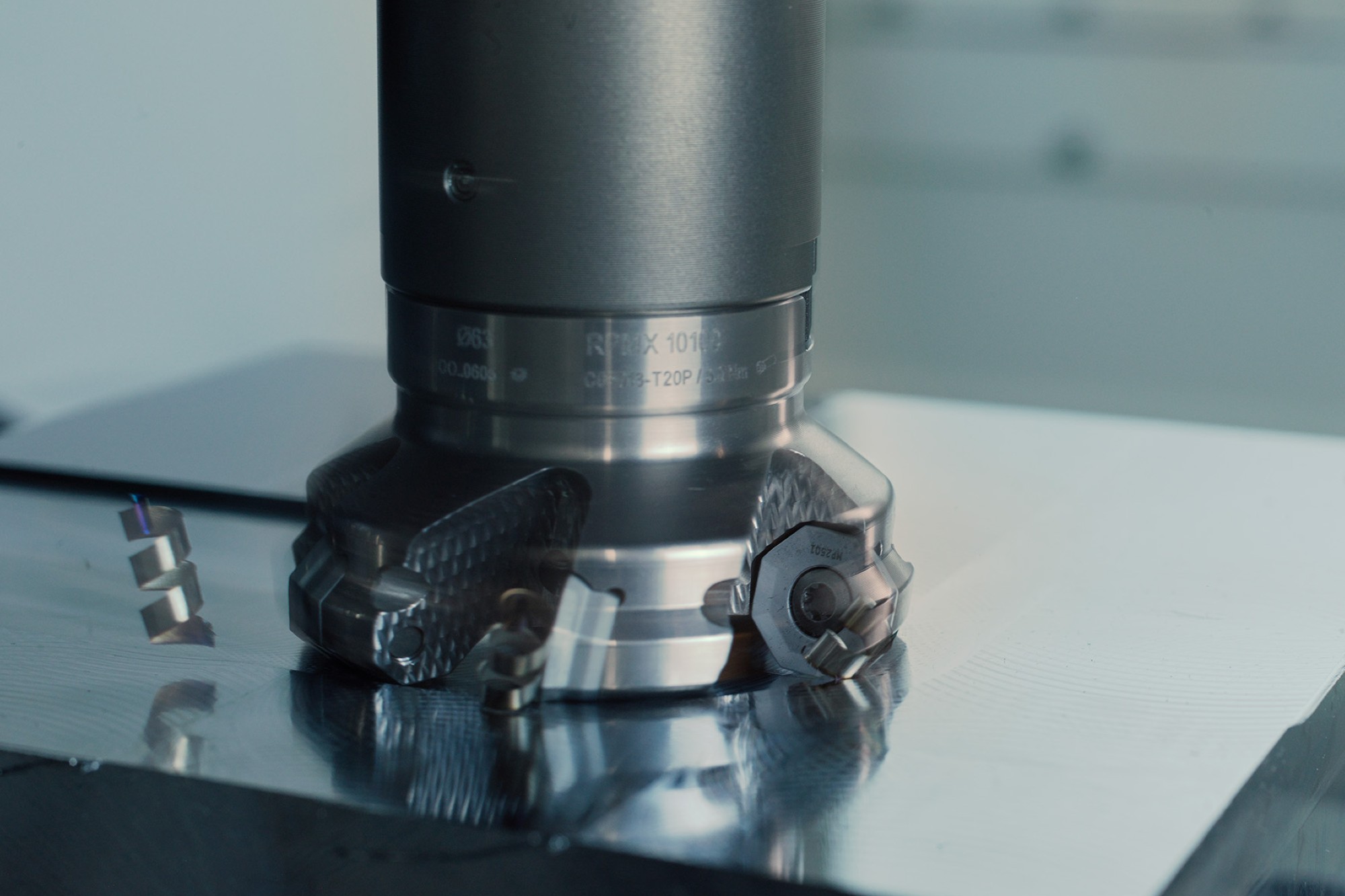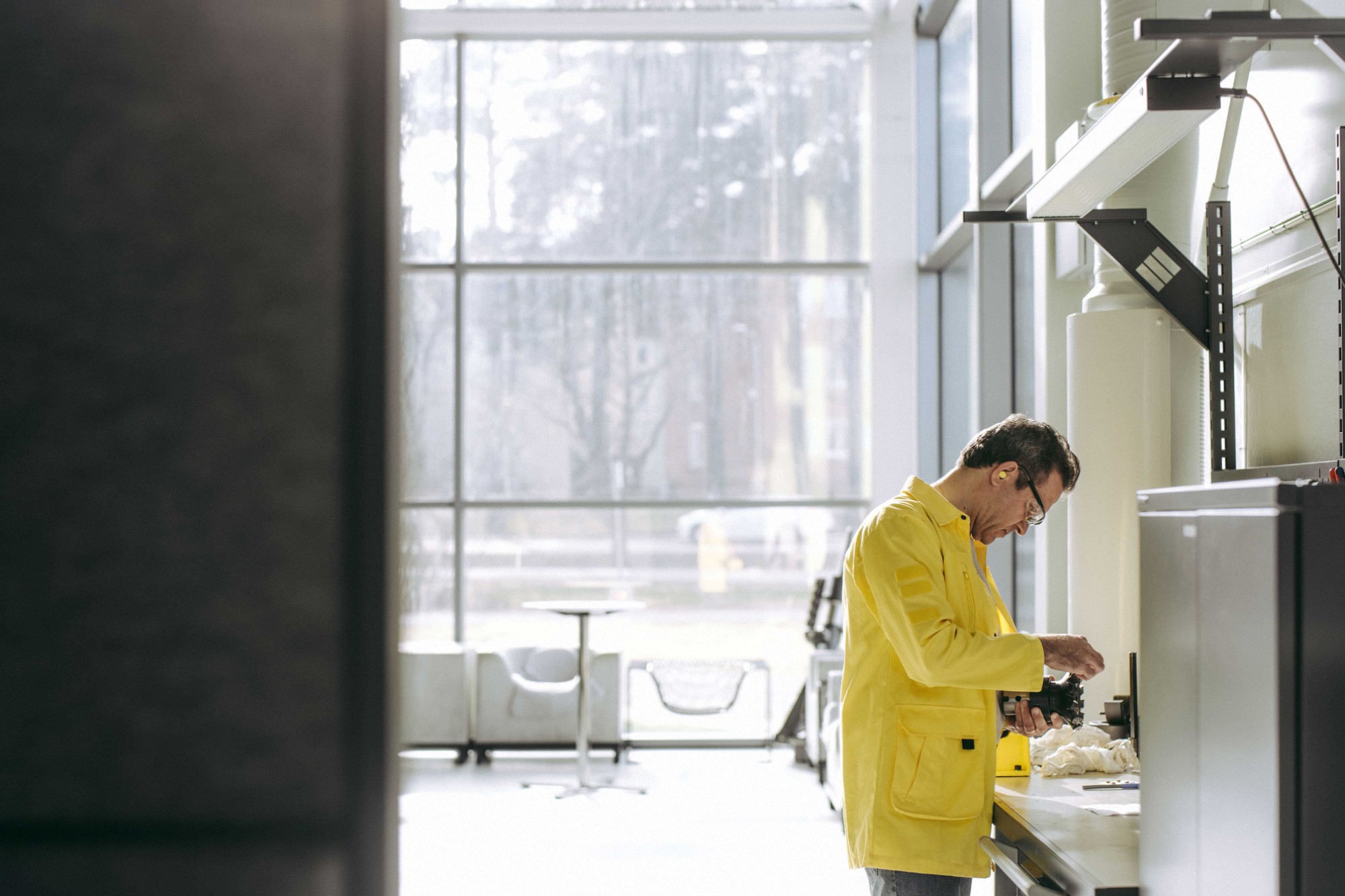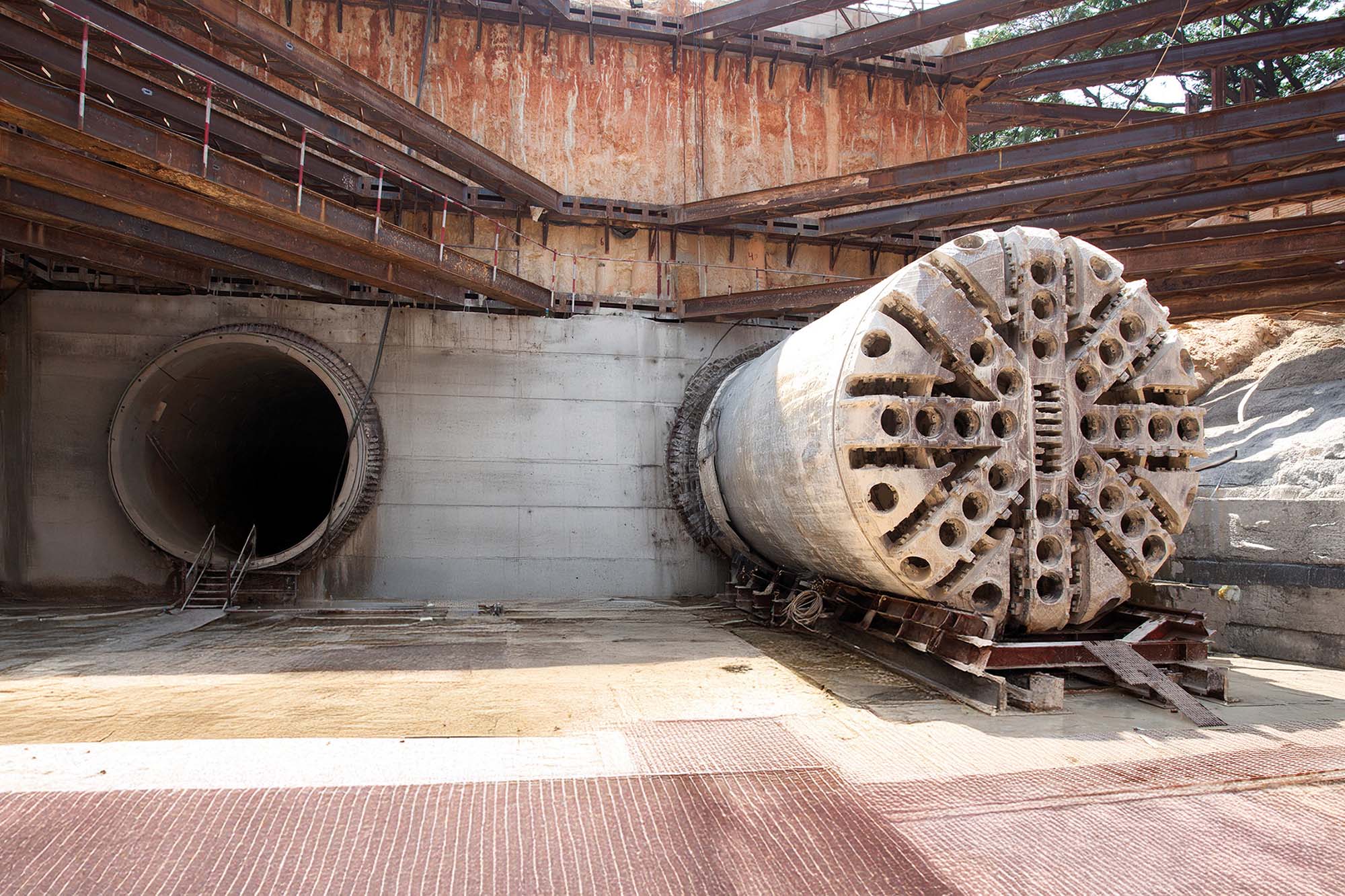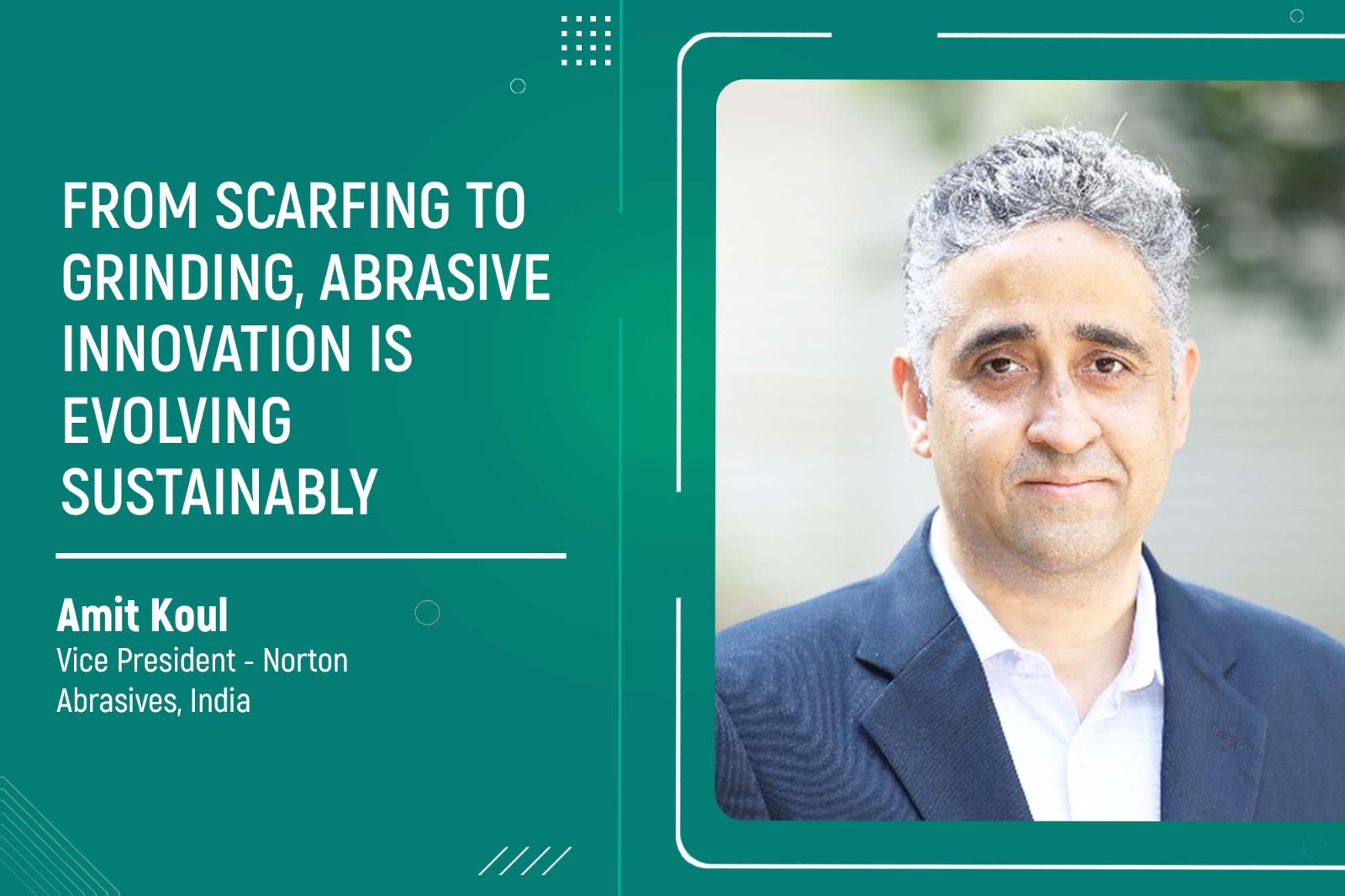Scaling up operations without changing the approach is unsustainable and unjust
By OEM Update Editorial June 5, 2024 12:14 pm IST
Sayeed Ahmed, CEO of Biesse India, explores strategies for leveraging technology, enhancing operations, addressing challenges, encouraging a learning culture, and benefiting from the Make in India initiative.
What technologies would you suggest for scaling up manufacturing?
To enhance manufacturing scalability and optimise production efficiency, consider leveraging digitalisation, smart factory concepts, IoT 4.0, and Intelligence 5.0. These technologies harness collaborative sensors for advanced diagnostics and predictive maintenance, facilitating a smart user interface for operators to enable optimal machine use. Additionally, take a calibrated approach when integrating AI and ML technologies into operations.
What strategies are integrated to leverage advanced robotics for precise assembly and improved productivity?
To capitalise on advanced robotics, scale up automation in steps, and Integrate ROS (Robotically Operated System) from Biesse, a game changer for customers across all industry formats regarding precise handling, sorting and storage solutions for panel-based materials. This implementation improves productivity and safety in operations.
Please discuss advancements in your company’s manufacturing operations.
Firstly, we are achieving seamless integration between our manufacturing and ERP systems, streamlining our processes and enhancing overall efficiency. Secondly, we are adopting a holistic approach within the 4M framework.
In terms of materials management, we are optimising warehouse and logistics operations.
This includes implementing innovative methods, such as supermarket store inventory management and Milkrun delivery, to improve our supply chain efficiency.
Further, we invest in state-of-the-art machines and systems equipped with advanced CAD/CAM technologies. These technologies optimise production processes, enable predictive maintenance capabilities and integrate energy management systems for sustainability. Our methods are evolving towards flexibility and lean manufacturing principles. We leverage digitalisation for real-time monitoring, ensuring our production lines remain efficient.
Finally, our workforce is Adept with skills, adapts to technological changes, and collaborates on deliverables. Regular training programs ensure they remain updated on the latest technological advancements, enabling them to contribute effectively to our manufacturing operations.
How do we address manufacturing challenges to scale up processes in the industry?
To scale up processes in our industry, we are actively engaging with the concept of “Smart Factory.” By adopting smart solutions, we address the hurdles businesses encounter across all scales, including MSMEs, medium-sized enterprises, and large corporations. Our approach involves digitalisation, utilising advanced CAD/CAM software, incorporating Cobots, and adopting a holistic perspective on the 4M framework.
Please discuss strategies for upskilling workers and empowering them to make decisions.
Our strategy revolves around embracing the notion that everything is evolving, including materials, markets, needs, aspirations, lifestyle, culture, technology, renewables, and the circular economy. Our core values drive this culture: being international natives, cultivating insightful curiosity, striving for genuine mastery, promoting widespread transparency, demonstrating heartfelt commitment, and, most importantly, maintaining a respectful attitude towards the environment, society, and people. Through these values, we instil a mindset of adaptability, growth, and responsibility.
Scale up without changing the approach you operate can be unsustainable—your view.
In a world where everything is evolving, we must evolve alongside it. Scaling up our operations without changing our approach is unsustainable and unjust. It leads to missed opportunities to leverage technological advancements, operational excellence, effective change management practices, and sustained organisational growth in both the short and long term.
How the Make in India initiative can scale up manufacturing?
The Make in India initiative has boosted manufacturing by attracting more foreign direct investment (FDI). It provides access to capital and facilitates the joint development and application of advanced technology equipment and systems. Furthermore, it has spurred the development of industry clusters, enhancing infrastructure and connectivity.The initiative ensures access to institutional credits for MSMEs at competitive rates, facilitating their expansion and growth. Additionally, the extension of concessional tax regimes for manufacturing companies incentivises new investments and production activities. Emphasising standardisation, technical regulations, and testing infrastructure further promotes manufacturing efficiency. Moreover, it creates job opportunities for India’s large and skilled workforce and taps into the vast potential of the domestic market while also focusing on expanding exports. The furniture industry, considered a sunrise sector in India, stands to benefit from inclusion in the PLI scheme under the Make in India initiative, driving growth opportunities both domestically and in export markets.
To enhance manufacturing scalability and optimise production efficiency, consider leveraging digitalisation, smart factory concepts, IoT 4.0, and Intelligence 5.0. These technologies harness collaborative sensors for advanced diagnostics and predictive maintenance, facilitating smart user interfaces for operators to enable optimal machine use. Additionally, take a calibrated approach when integrating AI and ML technologies into operations.
What strategies can be integrated to leverage advanced robotics for precise assembly and improved productivity?
To capitalise on advanced robotics, scale up automation in steps, and Integrate ROS (Robotically Operated System) from Biesse. This system has been a game changer for customers across all industry formats in terms of precise handling, sorting, and storage solutions for panel-based materials. This implementation improves productivity and safety in operations.
Please discuss advancements that are taking place in your company’s manufacturing operations.
Firstly, we are achieving seamless integration between our manufacturing and ERP systems. It streamlines our processes and enhances overall efficiency. Secondly, we are adopting a holistic approach within the 4M framework. In terms of materials management, we are optimising warehouse and logistics operations. It includes implementing innovative methods, such as supermarket store inventory management and Milkrun delivery, to improve our supply chain efficiency.
Further, we invest in state-of-the-art machines and systems equipped with advanced CAD/CAM technologies. These technologies optimise production processes, enable predictive maintenance capabilities and integrate energy management systems for sustainability. Our methods are evolving towards flexibility and lean manufacturing principles. We leverage digitalisation for real-time monitoring, ensuring our production lines remain efficient.
Finally, our workforce is Adept with skills, adapts to technological changes, and collaborates on deliverables. Regular training programs ensure they remain updated on the latest technological advancements, enabling them to contribute effectively to our manufacturing operations.
How can you address manufacturing challenges to scale up processes in the industry you are engaged in?
To scale up processes in our industry, we are actively engaging with the concept of “Smart Factory.” By adopting smart solutions, we address the hurdles businesses encounter across all scales, including MSMEs, medium-sized enterprises, and large corporations. Our approach involves digitalisation, utilising advanced CAD/CAM software, incorporating Cobots, and adopting a holistic perspective on the 4M framework.
Please discuss a strategy to create a culture of continuous learning, upskilling workers, and empowering them to make decisions.
Our strategy revolves around embracing the notion that everything is evolving, including materials, markets, needs, aspirations, lifestyle, culture, technology, renewables, and the circular economy. Our core values drive this culture: being international natives, cultivating insightful curiosity, striving for genuine mastery, promoting widespread transparency, demonstrating heartfelt commitment, and, most importantly, maintaining a respectful attitude towards the environment, society, and people. Through these values, we instil a mindset of adaptability, growth, and responsibility.
Is scaling up without changing your operational approach unsustainable? What’s your view?
In a world where everything is evolving, we must evolve alongside it. Scaling up our operations without changing our approach is unsustainable and unjust. It leads to missed opportunities to leverage technological advancements, operational excellence, effective change management practices, and sustained organisational growth in both the short and long term.
What are the advantages of the Make in India initiative to scale up manufacturing?
The Make in India initiative has boosted manufacturing by attracting more foreign direct investment (FDI). It provides access to capital and facilitates the joint development and application of advanced technology equipment and systems. Furthermore, it has spurred the development of industry clusters, enhancing infrastructure and connectivity.
The initiative ensures access to institutional credits for MSMEs at competitive rates, facilitating their expansion and growth. Additionally, the extension of concessional tax regimes for manufacturing companies incentivises new investments and production activities. Emphasising standardisation, technical regulations, and testing infrastructure further promotes manufacturing efficiency. Moreover, it creates job opportunities for India’s large and skilled workforce and taps into the vast potential of the domestic market while also focusing on expanding exports. The furniture industry, considered a sunrise sector in India, stands to benefit from inclusion in the PLI scheme under the Make in India initiative, driving growth opportunities both domestically and in export markets.
Cookie Consent
We use cookies to personalize your experience. By continuing to visit this website you agree to our Terms & Conditions, Privacy Policy and Cookie Policy.



